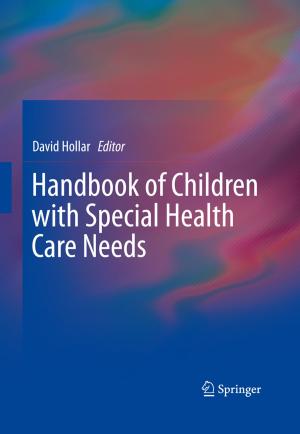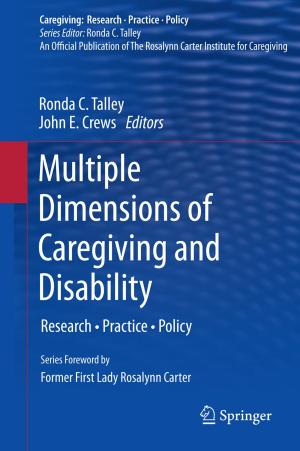War, Community, and Social Change
Collective Experiences in the Former Yugoslavia
Nonfiction, Health & Well Being, Psychology, Social Psychology, Social & Cultural Studies, Political Science, International, International Relations| Author: | ISBN: | 9781461474913 | |
| Publisher: | Springer New York | Publication: | August 13, 2013 |
| Imprint: | Springer | Language: | English |
| Author: | |
| ISBN: | 9781461474913 |
| Publisher: | Springer New York |
| Publication: | August 13, 2013 |
| Imprint: | Springer |
| Language: | English |
Collective experiences in the former Yugoslavia documents and analyses how social representations and practices are shaped by collective violence in a context of ethnic discourse. What are the effects of violence and what are the effects of collectively experienced victimisation on societal norms, attitudes and collective beliefs? This volume stresses that mass violence has a de- and re-structuring role for manifold psychosocial processes. A combined psychosocial approach draws attention to how most people in the former Yugoslavia had to endure and cope with war and dramatic societal changes and how they resisted and overcame ethnic rivalry, violence and segregation. It is a departure from the mindset that depict most people in the former Yugoslavia as either blind followers of ethnic war entrepreneurs or as intrinsically motivated for violence by deep-rooted intra-ethnic loyalties and inter-ethnic animosities.
Collective experiences in the former Yugoslavia documents and analyses how social representations and practices are shaped by collective violence in a context of ethnic discourse. What are the effects of violence and what are the effects of collectively experienced victimisation on societal norms, attitudes and collective beliefs? This volume stresses that mass violence has a de- and re-structuring role for manifold psychosocial processes. A combined psychosocial approach draws attention to how most people in the former Yugoslavia had to endure and cope with war and dramatic societal changes and how they resisted and overcame ethnic rivalry, violence and segregation. It is a departure from the mindset that depict most people in the former Yugoslavia as either blind followers of ethnic war entrepreneurs or as intrinsically motivated for violence by deep-rooted intra-ethnic loyalties and inter-ethnic animosities.















